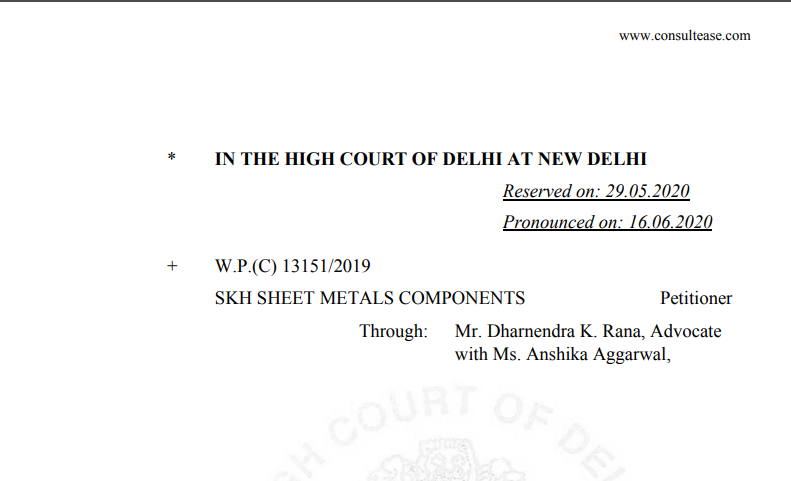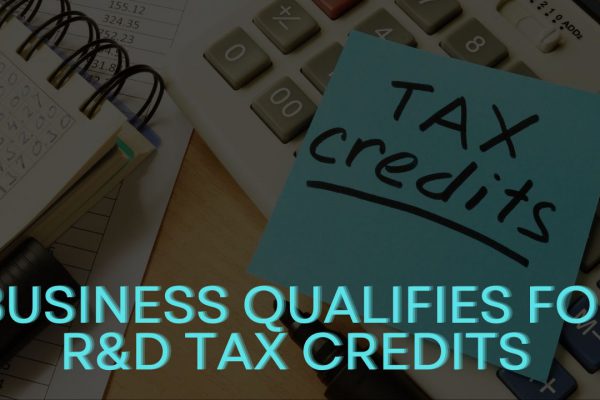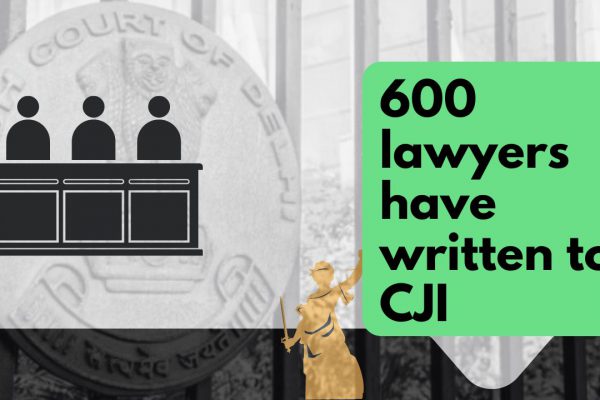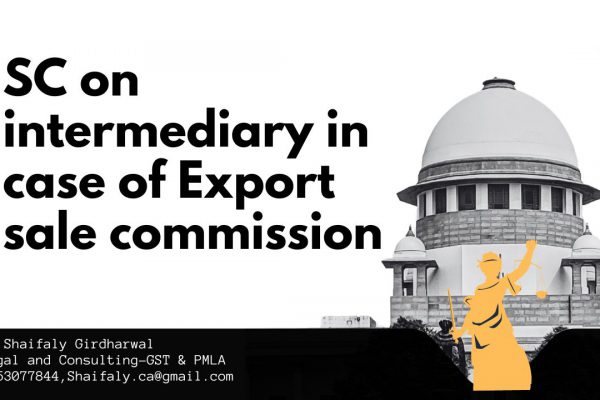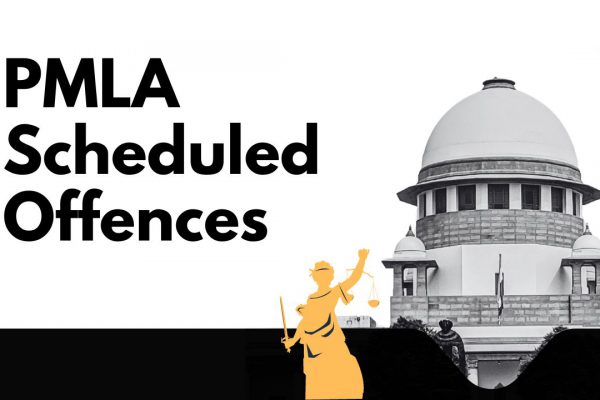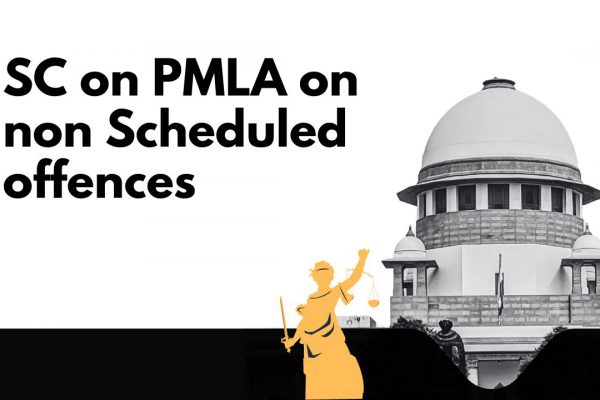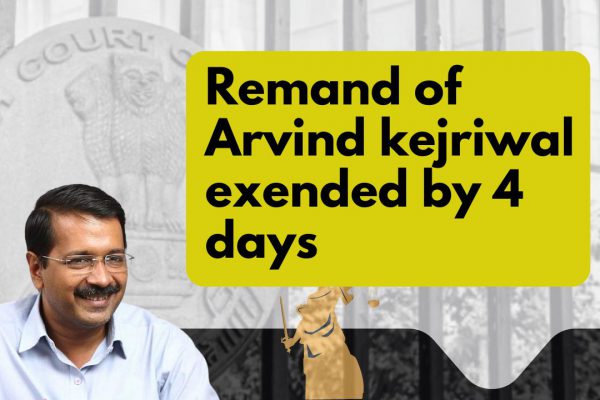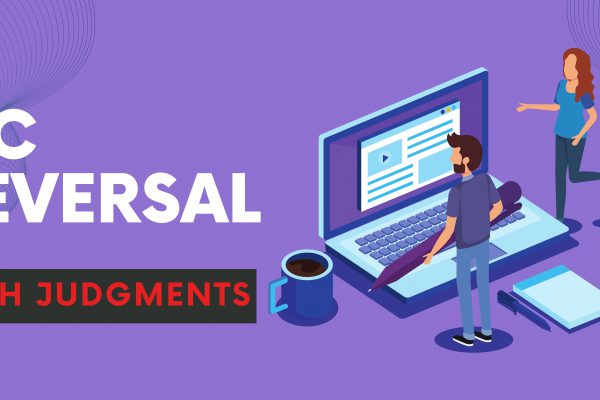Delhi HC in the case of SKH Sheet Metals Components Versus Union of India
Case Covered:
SKH Sheet Metals Components
Versus
Union of India
Facts of the case:
The Petitioner has invoked Article 226 of the Constitution of India for seeking a writ of mandamus directing the Respondents to allow it to avail the short transitioning of Input Tax Credit (ITC) amounting to Rs. 5,51,33,699/- by either updating the electronic credit ledger at their back end, in accord with the details of credit submitted by the Petitioner or allowing them to revise the Form GST TRAN-1, in conformity with the returns filed under the existing laws that stand repealed by the Central Goods and Service Tax Act, 2017 (“CGST Act”).
Observations of the court:
The stand taken today runs counter to the assurance given before Bombay High Court and is also not borne out, from the record. It has been argued that the discrepancy in the figures has crept in because of human error and there is no provision in the Act or the rules that can be relied upon by the Petitioner to reclaim the shortfall. The restriction that prevents the Petitioner from taking the entire credit by revising the return, based on the footing of a “human error” and not “technical difficulty on common portal” is thus wholly unreasonable, being irrational and arbitrary and therefore, violative of Article 14 of the Constitution. One-line, non-speaking order relied upon to justify the rejection cannot be countenanced. Viewed from another angle, one can construe Petitioner‟s difficulty is technical in nature, as the short credit is reflected as blocked credit on the portal, with no provision to rectify the same electronically. In absence of any clause defining “technical difficulty on the common portal”, as discussed above, Petitioner‟s case would even be covered by Rule 117 (1A) of the CGST Rules. GST laws required taxpayers to embrace transformative new ways. The use of technology can be daunting for many taxpayers who hitherto before, were largely dependent on conventional manual filings of returns. In order to overcome the resistance to change and encourage transformation and remodeling of the entire accounting structure at taxpayers‟ end, the electronic mode should be user friendly. Sadly, the Respondents have not helped the situation, despite all the good intentions they may have. They have further compounded the problems for the taxpayers by being adamant about their stand and exhibited no flexibility in approach. The exactness required in compliance with tax provisions should not be construed so rigidly that permissible flexibility is completely disregarded. In effect, the ITC has been expropriated without any lawful sanctions. The ITC that was shown in the returns under the existing laws were taxes that stood paid to the respective Governments for goods or services and were available for adjustment or utilization in accordance with the law. Now, on account of a clerical mistake, the said taxes paid are being appropriated, without cause, putting the Petitioner in serious jeopardy by subjecting it to further taxation under GST without the benefit of ITC. The case before us demonstrates how the tax department has miserably fallen short of the expectation. It is regrettable that Respondents have failed to address the basic and fundamental problem faced by the Petitioner that occurred while filing a Form, seemingly on account of a bona fide or inadvertent mistake. Instead of offering a restitutive solution they have stonewalled all the attempts made by the Petitioner The injustice and prejudice caused to the Petitioner is profound and it‟s disillusionment and despair are evident. Therefore, we cannot uphold the stand of the respondent which is founded on some illogical understanding of the Rules. We have time and again made adverse remarks on the procedural working of the GST system in several decisions. We may just add that we do not derive any pleasure when we make such observations, as comments of the Court affect the reputation of the administration in the country. Such remarks are made only when we are constrained to do so. The case before us is one where there is a complete lack of understanding and fairness on the part of the Tax Department. The fact that Respondents have done nothing to solve the problem faced by the Petitioner, fueled with the adamant stand before us, contributes to the skepticism of GST technical infrastructure, which we feel should and can be easily avoided. Only if Respondents were to engage with the taxpayers with a genuine intention to solve the problems, confidence in the system can be built up and such matters would not reach courts.
Judgement of the court:
For the foregoing reasons, the Petition deserves to be allowed. The petitioner is permitted to revise TRAN-1 Form on or before 30.06.2020 and transition the entire ITC, subject to verification by the Respondents. We issue a writ mandamus to the Respondents to either open the online portal so as to enable the Petitioner to file a revised declaration TRAN-1 electronically or to accept the same manually. Respondents shall thereafter process the claims in accordance with the law.
The petition is allowed in the above terms.
Read & download the full decision in pdf:
If you already have a premium membership, Sign In.
 ConsultEase Administrator
ConsultEase Administrator
Consultant
Faridabad, India
As a Consultease Administrator, I'm responsible for the smooth administration of our portal. Reach out to me in case you need help.


